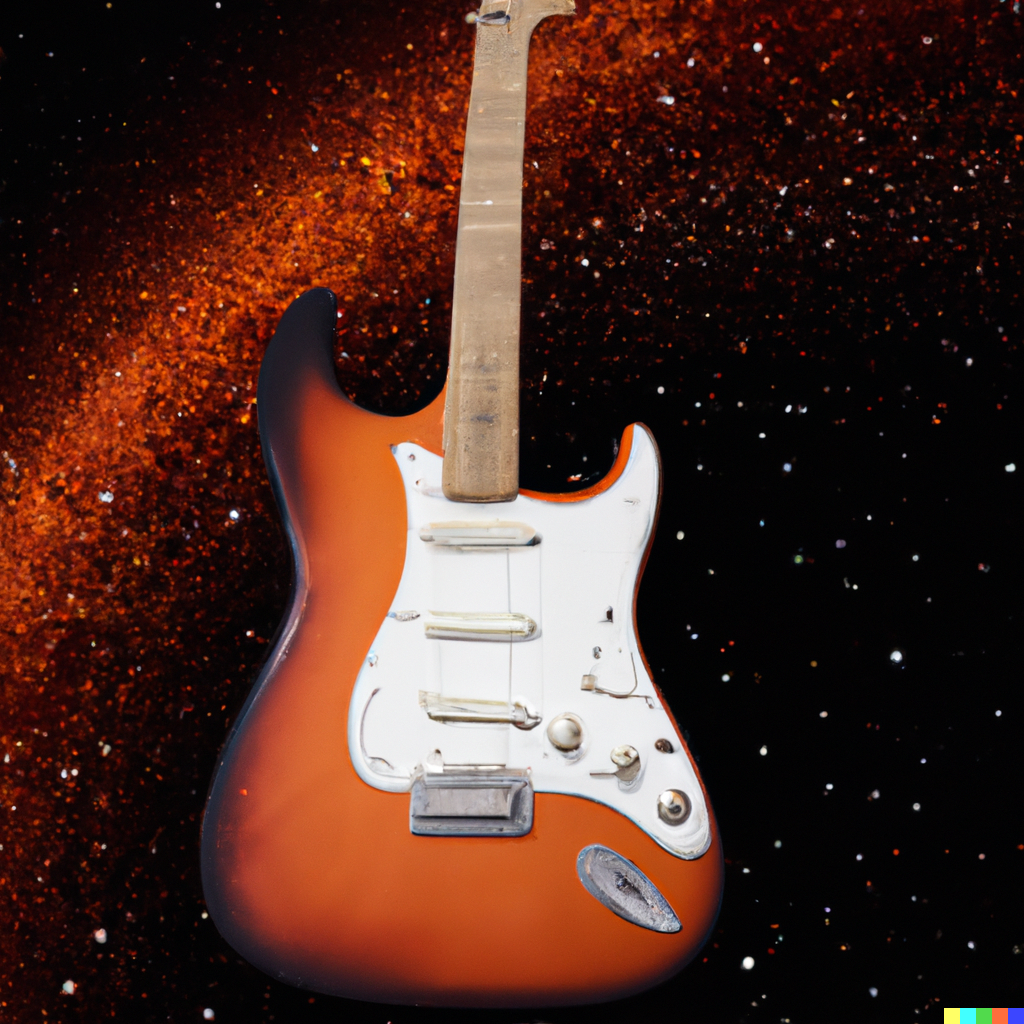The problem with this age old argument is that most "guitar players" start forming ideas about what they *think* they like long before they have anywhere near the intellectual acumen to actually comprehend what it is they are hearing.
VARIABLE #1:
The cognitive dissonance of "most guitar players" seeking a Magical Sound they hear on a recording - without being able to subtract out the recording process itself. How can you have a favorite amp, without a favorite speaker, microphone, ambience preference, recording eq/bandwidth?
VARIABLE #2:
No experience with all of the permutations. Never played a Tele, lipstick pickups, Jensen alnicos, a bottom cabinet next to a top cabinet, a 57 versus a LD, small diaphragm, etc. - but people try to integrate their *limited* experience with what they again think they're perceiving on a *recording*.
VARIABLE #3:
Insisting on a monolithic superlative. As in, "THIS" is the BEST amp! And then arguing about it with zero context.
This is the 21st century in a nutshell: not only no concern for context, but complete ignorance of the premise. Nobody bothers to look into anything anymore, whether it's diving into music/songs, or what has been used to make the sound/recording. Country guitar players arguing with metal guitar players about "tone"? Queen fans arguing with Hendrix fans about amps?
VARIABLE #4:
Random acceptance/application of physics and non-linear complexity. People will wind their strings backwards over their tailpiece and attribute magic to it, but have no preference for frets. A preference for a wood, "because", but no preference for weight/density that can vary 20%. Preference for one piece body, but doesn't care about slab fretboard vs. one piece maple.
Want to sound like Stevie Ray Vaughn? Don't play a Les Paul and a JCM800. Want to sound like VanHalen? Don't buy a Deluxe ri and a Tele. If you *really* want a Famous Guitarist's Sound*, JUST BUY WHAT THEY USED. You'll be 95% there, and if you can't play like them that's not the gear's fault. But the bottom line is that the caroming-gear buffet syndrome is from either not knowing what you really like, or understanding it, or *not actually wanting to find out*.
